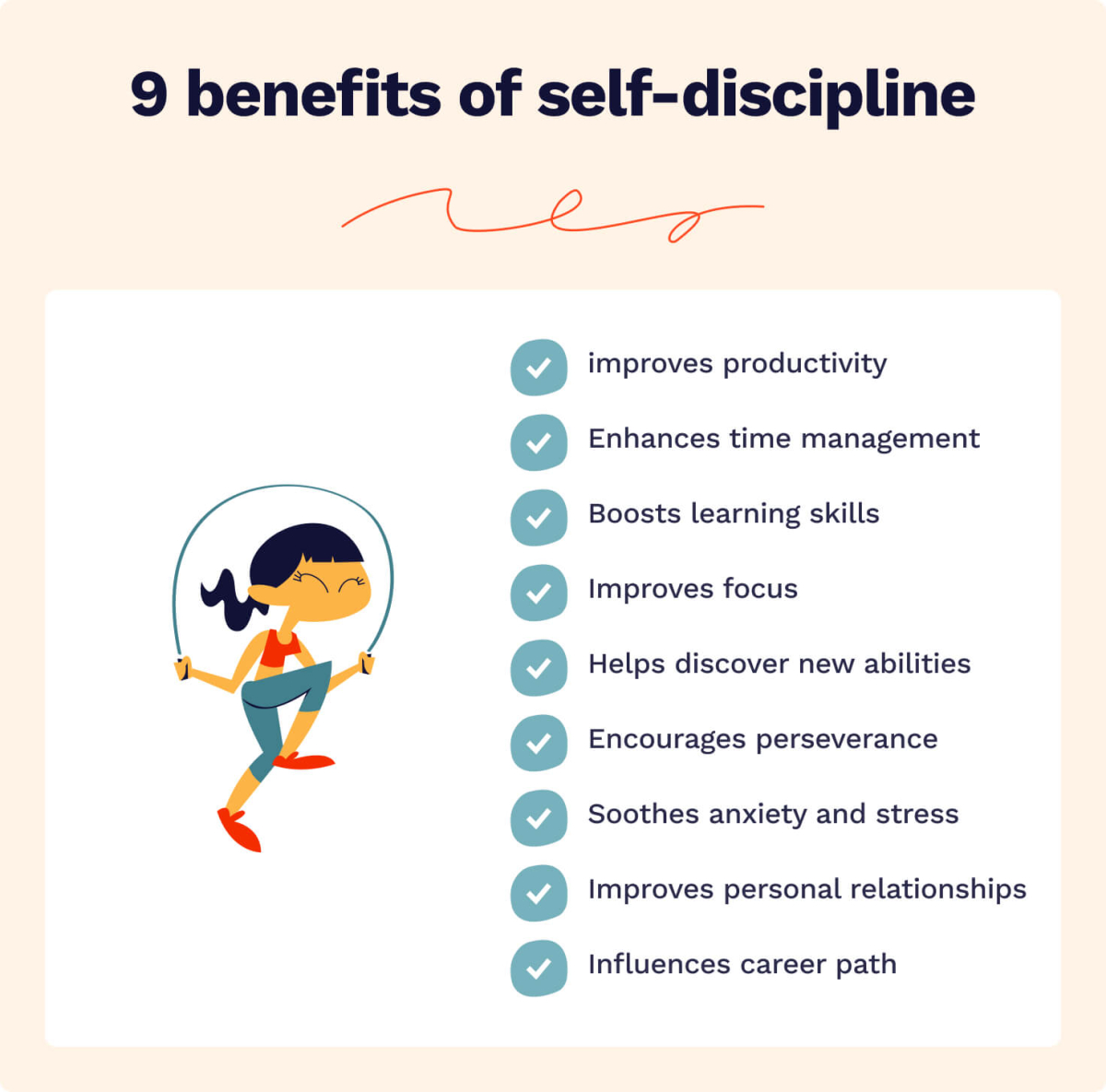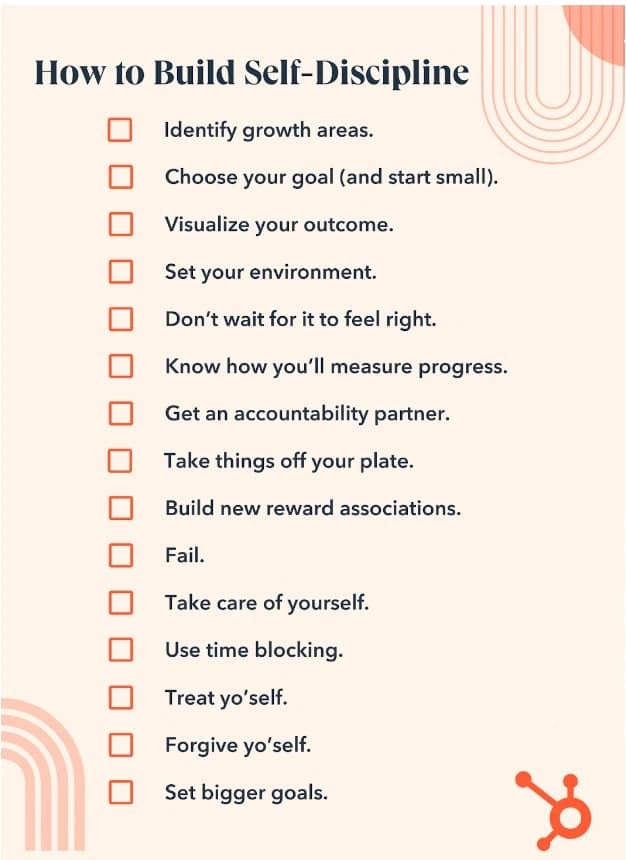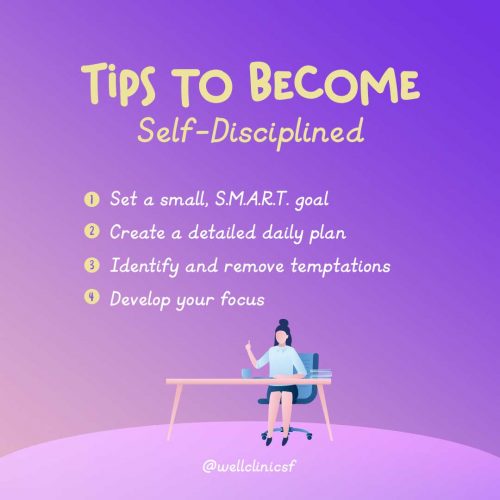How To Become More Self Disciplined

In today's fast-paced world, the ability to stay focused and achieve goals is more critical than ever. Self-discipline, the ability to control one's impulses and actions, is not an innate trait but a skill that can be learned and honed. Experts say that by implementing specific strategies and consistently practicing them, anyone can enhance their self-discipline and improve their overall quality of life.
This article explores practical, evidence-based techniques for developing greater self-discipline. Understanding these methods and applying them consistently can lead to increased productivity, improved relationships, and a stronger sense of personal fulfillment. The information presented is drawn from research in psychology and behavioral science, offering a comprehensive guide to cultivating this essential life skill.
Understanding the Foundation
Before embarking on a journey of self-improvement, understanding the psychology behind self-discipline is crucial. Self-discipline is often linked to concepts like willpower and executive function, which are cognitive processes that help us regulate our behavior and make decisions. According to research from the American Psychological Association (APA), willpower is a limited resource, but it can be strengthened over time with consistent effort.
One of the key elements is setting realistic goals. Overly ambitious goals can lead to discouragement and failure, ultimately undermining self-discipline. Start with small, achievable targets and gradually increase the difficulty as you progress.
Practical Strategies for Cultivating Self-Discipline
Developing self-discipline involves a combination of mindset shifts and practical techniques. Here are some evidence-based strategies that can help:
1. Goal Setting and Planning
Begin by clearly defining your goals. Break down large goals into smaller, manageable tasks. This makes the overall objective less daunting and provides a roadmap for success.
Use tools like calendars, to-do lists, or project management software to organize your tasks and track your progress. Regular planning and review can keep you on track and motivated.
2. Building Habits and Routines
Habits are automatic behaviors that require minimal willpower. Establish consistent routines for activities like exercise, work, and sleep. Dr. Wendy Wood, a renowned researcher on habit formation, emphasizes the importance of repetition and consistency in creating new habits.
Start with one or two key habits and focus on establishing them before adding more. This avoids overwhelm and increases the likelihood of success.
3. Managing Distractions
Distractions are a major obstacle to self-discipline. Identify your common distractions, such as social media, email notifications, or noisy environments. Implement strategies to minimize or eliminate these distractions.
Use website blockers, turn off notifications, or create a dedicated workspace free from interruptions. Consider the Pomodoro Technique, which involves working in focused intervals with short breaks, to maintain concentration.
4. Practicing Mindfulness and Self-Awareness
Mindfulness involves paying attention to the present moment without judgment. This practice can help you become more aware of your thoughts and emotions, allowing you to make more conscious choices. Mindfulness-based stress reduction (MBSR) techniques have been shown to improve self-regulation and reduce impulsivity.
Take time each day to practice mindfulness through meditation, deep breathing, or simply observing your surroundings. This will increase your awareness of your impulses and reactions.
5. Rewarding Progress and Acknowledging Setbacks
Recognize and reward yourself for making progress toward your goals. This reinforces positive behavior and motivates you to continue. The rewards don't have to be extravagant; small treats or acknowledgments can be effective.
It's also important to acknowledge setbacks without being overly critical. View failures as learning opportunities and adjust your strategies accordingly. Self-compassion is crucial for maintaining motivation and resilience.
The Impact of Self-Discipline
The benefits of self-discipline extend far beyond increased productivity. Studies have shown that individuals with higher levels of self-discipline tend to have better relationships, achieve greater academic and professional success, and experience higher levels of overall well-being.
"Self-discipline is the bridge between goals and accomplishment,"as often quoted by motivational speakers.
By investing in developing your self-discipline, you are investing in your future. The skills you acquire will not only help you achieve your goals but also empower you to live a more fulfilling and purposeful life.
Developing self-discipline is a journey, not a destination. Be patient with yourself, celebrate your progress, and learn from your setbacks. With consistent effort and the right strategies, you can cultivate the self-discipline you need to achieve your dreams and live a more satisfying life.













![How To Become More Self Disciplined How to become more Disciplined| self help| motivation [Video] in 2024](https://i.pinimg.com/736x/51/07/83/51078341bea404ed832372eaf035d342.jpg)




